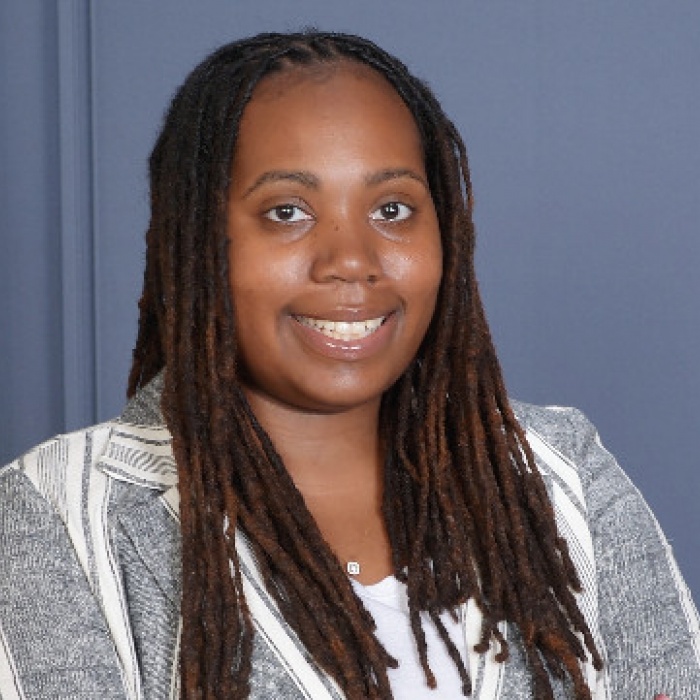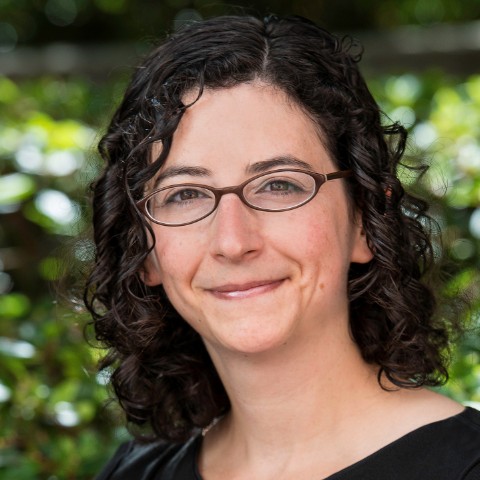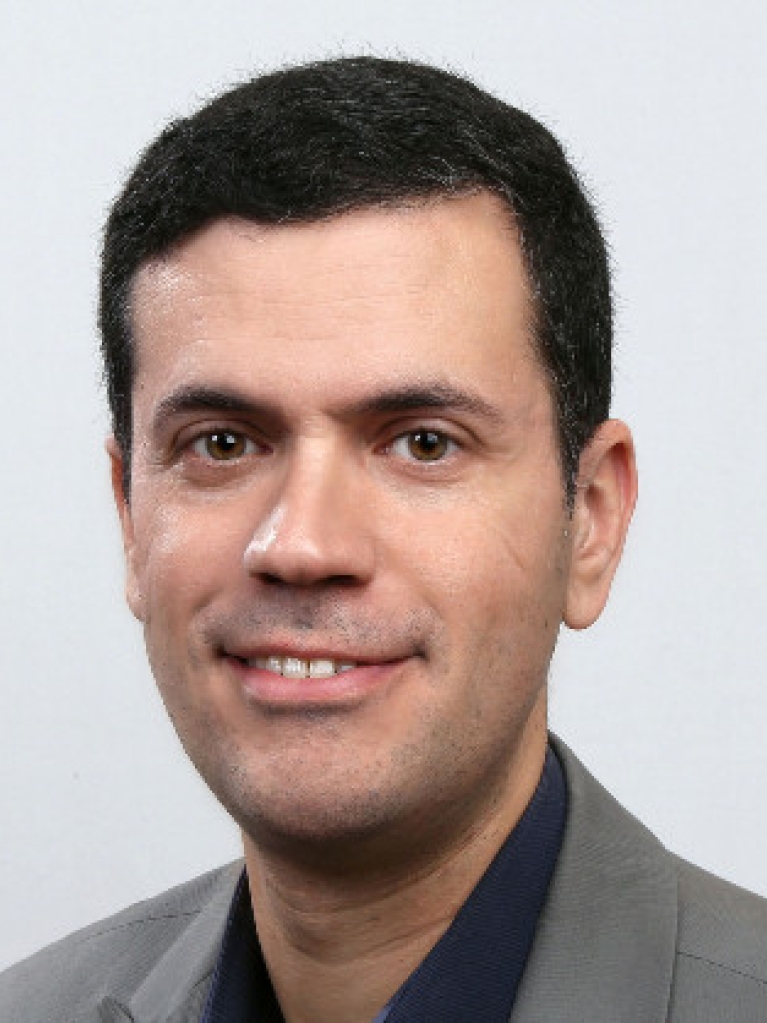Kimele Persaud, Assistant Professor
Memory and Computational Cognition (MC2) Lab
Dr. Persaud’s research program lies at the intersection between memory, learning, and development. Her work uses a combination of behavioral studies and computational modeling to answer important questions of learning memory such as: 1) How do children and adults encode, store, and retrieve information from memory? 2. How do they use and rely on prior knowledge to scaffold learning new information and fill in fuzzy memories? 3. How do changes in the contexts in which information is learned impact how well that information is remembered and retained over time? 4. And finally, how do biological and social factors, like stress and emotions, shape learning and memory across the lifespan?
Phone: 973-353-3944
Email: Kimele.persaud@rutgers.edu
Website: https://sites.rutgers.edu/mc2-lab/







